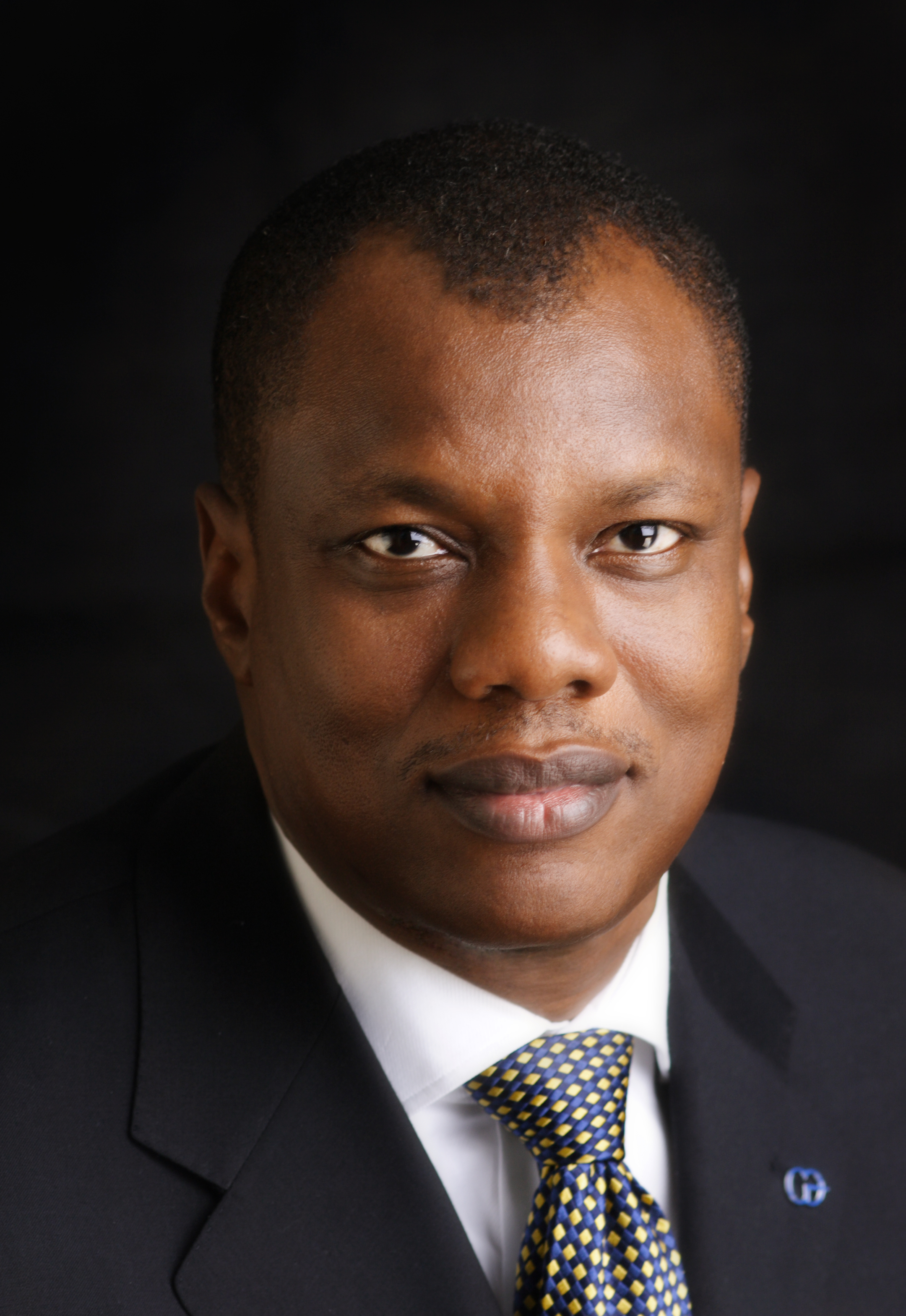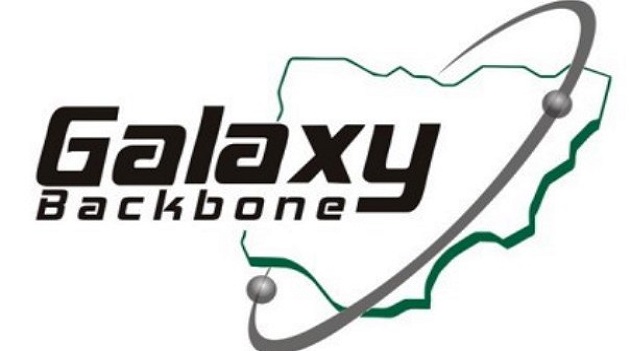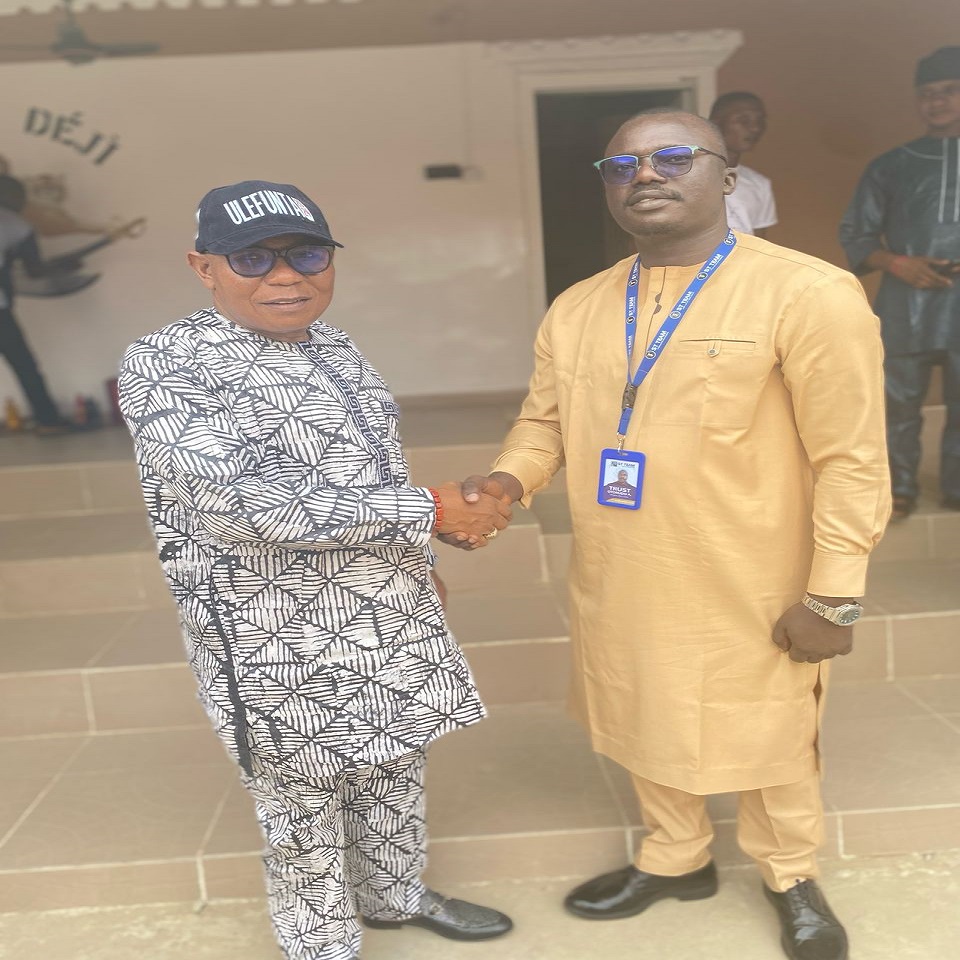News
Looking Beyond Oil Price Collapse Towards Post Recovery Savings (Part 1)

By Austin Okere
The recurrent mistake we keep making as a Nation is failing to anticipate and plan for our oil windfalls.
There have been many boom opportunities since Nigeria joined the Organisation of Petroleum Exporting Countries (OPEC) in 1971; Oil prices increased by 400% in six short months after the Yom Kippur War following the Arab Oil Embargo. Crude prices doubled from $14 in 1978 to $35 per barrel in 1981 following the Iran/Iraq war.
The price of crude oil spiked in 1990 with the uncertainties associated the Iraqi invasion of Kuwait and the ensuring Gulf War – the so called ‘Gulf War windfall’ under then Head of State Ibrahim Babangida. Data from the U.S. Energy Information Administration shows that the latest windfall happened between February 2011 and August 2014, under the Goodluck Jonathan presidency, when oil prices were much in excess of $100 per barrel.
Another golden opportunity was squandered, characterised by organised kleptocracy of epic proportions as has now come to light.
During this same period Saudi Arabia has amassed a whopping $593b in foreign exchange reserves and has recently announced that it is creating a $2 trillion mega-sovereign wealth fund, funded by sales of current petroleum industry assets, to prepare itself for an age when oil no longer dominates the global economy.
Coming closer home, Algeria, the second biggest African oil producer, with 1.9mbpd has accumulated foreign reserves of $156b and a sovereign wealth fund of $50b.
Nigeria, by far the biggest producer in Africa with 2.5mbpd has only managed foreign reserves of $28b and a sovereign wealth fund of a paltry $2.9b – about 5% that of Algeria.
The major difference between them is that while the Algerians saved for a rainy day during the boom years, Nigeria was busy squandering her wealth, with nothing to show by way of infrastructure or any solid investments.
Yet Nigeria was able to balance her budget, pay off her debts and save over $62b in foreign reserves during the Obasanjo presidency from 1999 to 2007, even though the price of crude was mostly under $40 per barrel, except for the two years between 2005 and 2007 when it hovered between $50 and $75 dollars per barrel.
It is bothersome that with the same level of oil price, Nigeria today is struggling to balance her budget and has resorted to aggressive borrowing to finance the deficit, inadvertently driving us back to where we were before escaping from the huge burden of sovereign debt and the attendant debilitating impact of debt servicing.
I believe that Nigeria can save as much as $36.5b in the coming year if oil prices recover towards the end of 2016 and through 2017 to the projected $80 per barrel.
This assumes we have all agreed that the current crisis is much too painful and too precious to waste.
It can actually be a blessing in disguise, affording us the much needed leverage to deliberately diversify our economy away from the over dependence on oil, and attempt to become self-sufficient in every low hanging opportunity such as feeding ourselves.
There is a reason why the Chinese use the same word for challenge and opportunity; behind every challenge is an opportunity.
We must seize this golden opportunity with both hands and make the structural changes that will lead us to true prosperity as a nation.
Almost every third Nigerian businessman you come across claims to be into Oil and Gas; usually, briefcase contractors who manage to have their ‘papers’ stamped, and proceed to collect money from the treasury of our commonwealth. Yet oil contributed only 6.4% to GDP growth in 2015.
An often overlooked area for rapid economic growth is telecoms, entertainment and media.
At a recent event in Lagos, Dr. Doyin Salami, lecturer at Lagos Business School, remarked that ‘The telecommunication sector grew Nigeria’s GDP by 8.7% in 2015, generating spill overs, with uptakes in financial transactions technology and payment systems, e-commerce facilitation and proliferation of transport services, while making the offering of the burgeoning entertainment industry ubiquitous’.
Quite simply, if each of the 34 million MSME’s in Nigeria could be supported with technology to improve their businesses through online presence and seamless bookkeeping to the point of employing one more staff, they would create an additional 34 million jobs, much more than the government can ever provide.
I totally agree with Dr. Salami that Nigeria’s economy has systematically and strategically diversified along the lines of technology and other services sector without Nigerians noticing.
The services sector today contributes as much as 52% of Nigeria’s GDP.
Agriculture is also another sector that could do with special attention. If we strive to produce what we eat, we will not only be saving a whopping $6b from our import bill, but also provide the opportunity for inclusive growth, with the spill over effects down the value chain, from logistics and transportation to light manufacturing.
But we need to make the right investments in infrastructure such as roads and rail transport linking farms with their food processors and markets.
The change that will make all this happen is not the ‘outsourced variety’ where we believe that we can carry on with business as usual, or sit back and fold our arms while only the President delivers the promised change. All hands must be on deck, and we each have to be the change we desire.
Austin Okere is the Founder CWG Plc and Entrepreneur in Residence, Columbia Business School, New York. He also serves on the World Economic Forum Business Council on Innovation and Intrapreneurship.
News
Senate Committee Partners with Kuda Bank to Tackle Compliance Crisis as Nigeria Loses ₦3.4 Trillion

Over ₦3.4 trillion in financial infractions were uncovered across federal Ministries, Departments, and Agencies (MDAs) in 2021, according to the Auditor General’s report — a staggering figure that highlights Nigeria’s deepening compliance crisis and the urgent need for stronger oversight in public institutions.

In response, the Senate Committee on Legislative Compliance is hosting a high-level workshop to address the root causes of weak oversight and institutional gaps. The two-day event, with the theme ‘Consolidating Strategies for Strengthening Legislative Compliance by MDAs’, will take place on April 15 and 16, 2025 at NAF Suites, Abuja, bringing together lawmakers, regulators, and over two hundred representatives from federal MDAs.
Kuda Microfinance Bank is co-sponsoring the workshop as part of its commitment to supporting responsible innovation, governance, and regulatory alignment in Nigeria’s financial ecosystem.
Rasaq Kadri, Kuda’s Head of Compliance, will deliver a keynote address on the second day of the event, highlighting the efforts of Nigeria’s fintechs to promote inclusion and financial literacy without compromising on compliance best practices.
“When public funds go unaccounted for, it doesn’t just damage government credibility, it affects the entire financial ecosystem, including fintechs,” said Kadri. “We can’t build trust-driven products in a trust-deficient environment. Every time compliance is treated as a box-ticking exercise, we miss the chance to build something that lasts. Fintechs have the tools and perspective to support better governance, but more importantly, we have a responsibility to be part of the solution.”
As a sponsor, Kuda will take the workshop to engage directly with key stakeholders in Nigeria’s regulatory and public service ecosystem.
Plenary sessions will be chaired by the Honourable Attorney General of the Federation, Lateef Fagbemi SAN, and the Honourable Minister of Finance, Wale Edun. Conversations will focus on closing compliance gaps, strengthening institutional transparency, and promoting cross-sector collaboration.
The Senate Committee on Legislative Compliance Workshop is a unique platform for dialogue, knowledge-sharing, and collaborative action.
News
FG Inaugurates Board of Galaxy Backbone

The Federal Government has inaugurated the new Board of Directors of Galaxy Backbone Limited (GBB). The board’s mandate is to lead Nigeria’s digital transformation in Information and Communication Technology (ICT) infrastructure and services.

It will support Federal Government Ministries, Departments, and Agencies (MDAs) in a fast-changing landscape.
George Akume, Secretary to the Government of the Federation, led the inauguration. He emphasised the government’s commitment to making GBB more agile, responsive, and impactful. The aim is to drive national digital public infrastructure and service delivery. This was according to a statement by Segun Imohiosen, Director of Information and Public Relations.
The board has George Akume as Chairman. Its members include Rabi’a Adamu Waziri from the Petroleum Technology Development Fund (PTDF), Abubakar Abdulqadir Maje from the Joint Stock Association (JSA), Kemi Owonubi from the Ministry of Finance Incorporated (MOFI), and Margareth Ebute from the Ministry of Communications and Digital Economy.
Other members are Ibrahim Adeyanju, Olusegun, Olumbe Akinkugbe, Sanni Ibrahim Mohammed, and Adama Pindar from Galaxy Backbone Limited.
In his acceptance speech, Prof. Ibrahim Adepoju Adeyanju, Managing Director of Galaxy Backbone Limited, assured that the board will focus on sustainability. He said it plans to realign its vision and build a strong foundation for achieving strategic goals.
He also noted that within one year, the agency developed its Integrated Digital Transformation Strategy (IDTS). This strategy will run from 2025 to 2028.
News
ST Team Partners with Deji of Akure to Boost Agriculture and Food Security in Ondo State

Smart Treasure (ST Team) has honored the Deji of Akure, His Royal Highness Ọbá Aladetoyinbo Ogunlade Aladelusi, Odundun II, CFR, with a plaque of recognition for his dedication to the welfare of his subjects.

The presentation was made at the monarch’s palace in Akure by a delegation led by Instructor Luke Mbadugha from the Lagos Operations Center.
The visit was part of ongoing discussions on a partnership aimed at boosting agriculture in Akure, Ondo State.
The initiative, spearheaded by the ST Team, seeks to ensure the availability of farmland for agricultural purposes.
Under the arrangement, the ST Team will provide seedlings and manpower, while a significant portion of the proceeds will be distributed to the indigenes at no cost.
The remaining proceeds will support the administrative operations of the ST Team.
In his response, Ọbá Aladetoyinbo announced the allocation of a parcel of land at Ofosu, along the Ondo-Benin Road, for the project.
He described the initiative as a commendable effort to enhance food security for both the local community and the nation.
The monarch also called for a follow-up meeting to facilitate the assessment of the land for the project’s commencement.
Meanwhile, farming activities are set to resume at Aladodo Isikan in Akure South Local Government Area, another site designated for the agricultural project.
The four-acre land will be used to cultivate crops such as yam, cassava, plantain, and maize. A test run of maize planting began on April 9, 2025, with expectations of harvesting in three months.
Kabiesi Akinwunmi Adekanmbi Obey, the monarch of Olulero Okelero, Onitan Isikan, lauded the ST Team for their commitment to ensuring food availability.
He emphasized the importance of agriculture, stating, “Whoever brings food brings life.”
The ST Team, an investment platform dedicated to reducing poverty in Africa by 30% by 2027, has been actively involved in various Corporate Social Responsibility programs, including this agricultural initiative.
The project underscores their mission to create financial freedom and improve the quality of life for individuals across the continent.

 General News2 days ago
General News2 days agoAFD Commits €3m to Africa’s Financial Inclusion

 E-Financial2 days ago
E-Financial2 days agoVerve Expands Payment Frontiers with Global Partnerships, Contactless Innovation

 General News2 days ago
General News2 days agoEU Aims to Remove Barriers to AI Development

 News2 days ago
News2 days agoFG Inaugurates Board of Galaxy Backbone

 E-Business2 days ago
E-Business2 days agoAfrica Plans to Establish a $60Bn AI Fund

 E-Business1 day ago
E-Business1 day agoCyberattacks: ‘56 Percent of Cases Stem from Existing Logins

 News2 days ago
News2 days agoST Team Partners with Deji of Akure to Boost Agriculture and Food Security in Ondo State

 Telecom2 days ago
Telecom2 days agoBolt’s Playtivism Campaign Brings Chess Park to Lagos






















